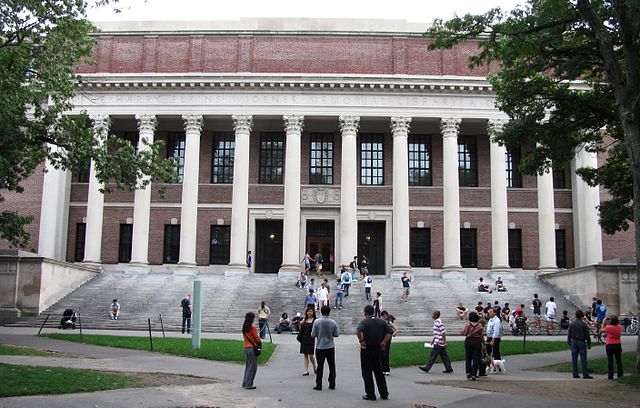Having a business degree, according to people who have one, is a fantastic way to prepare for a rewarding profession in a variety of fields. They say that knowing how to start and run a successful business is helpful for many rewarding careers.

“A business degree, whether it is at the undergraduate or Ph.D. level, allows you to understand how to make money off of anything,” said one second-year MBA student. “Business degree-holders learn the basics of how to determine what a good business opportunity looks like and then how to maximize the amount of money made from this opportunity.”
The non-profit sector is another place business degree-holders can find gainful employment. It makes good business sense to hire someone who can decide the smartest way to use money efficiently, even more so when the money is acquired by people wishing to have their money used for a cause they believe in, and not wasted on unnecessary office expenses and the like.
Recipients of business degrees also learn problem-solving skills, useful in a broad range of industries.
Although some jobs require additional degrees, like engineering or medicine, having a business degree as well can help when a doctor or engineer decides to set up his own business.
There is no question that a business degree can provide a person with many useful as well as marketable skills: insight into people, the process and the product of a company, and a sense of what it takes to create a thriving organization.


